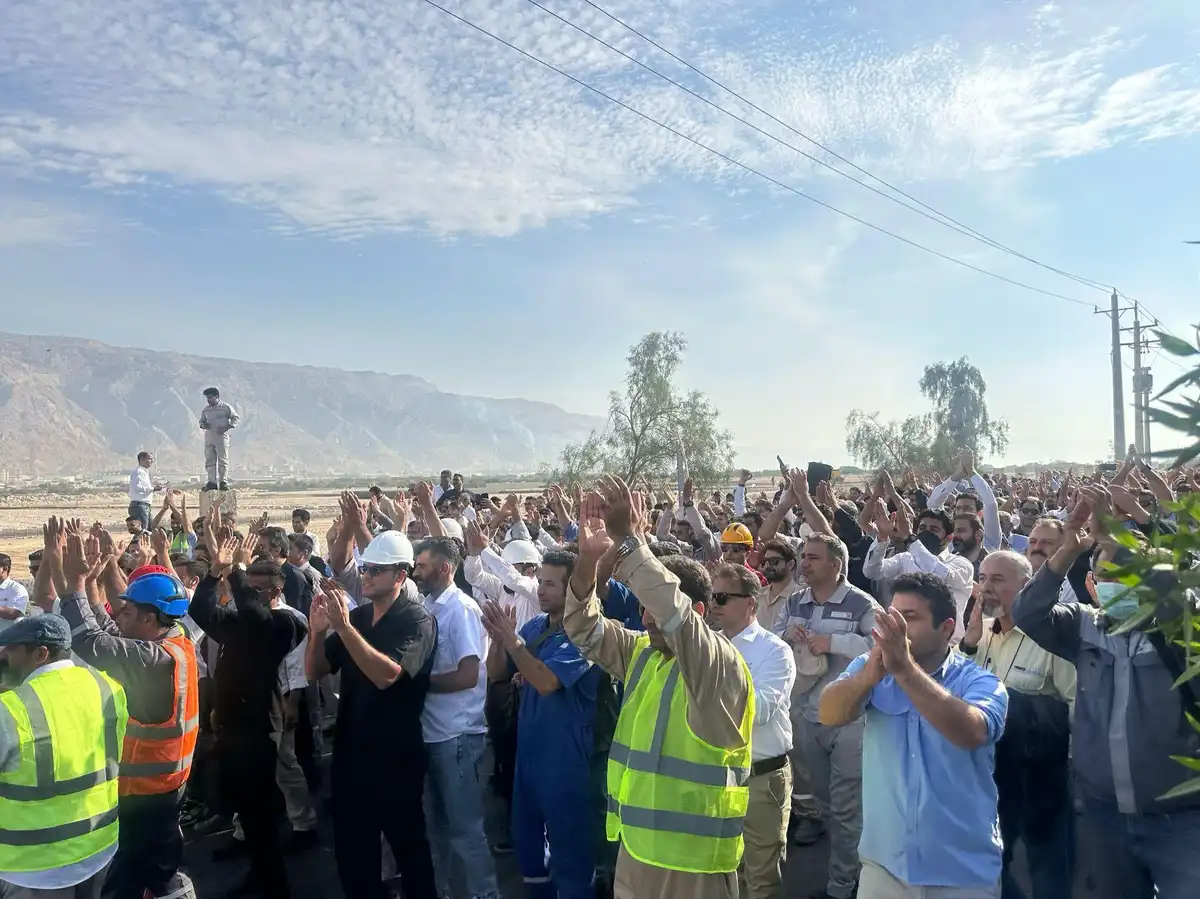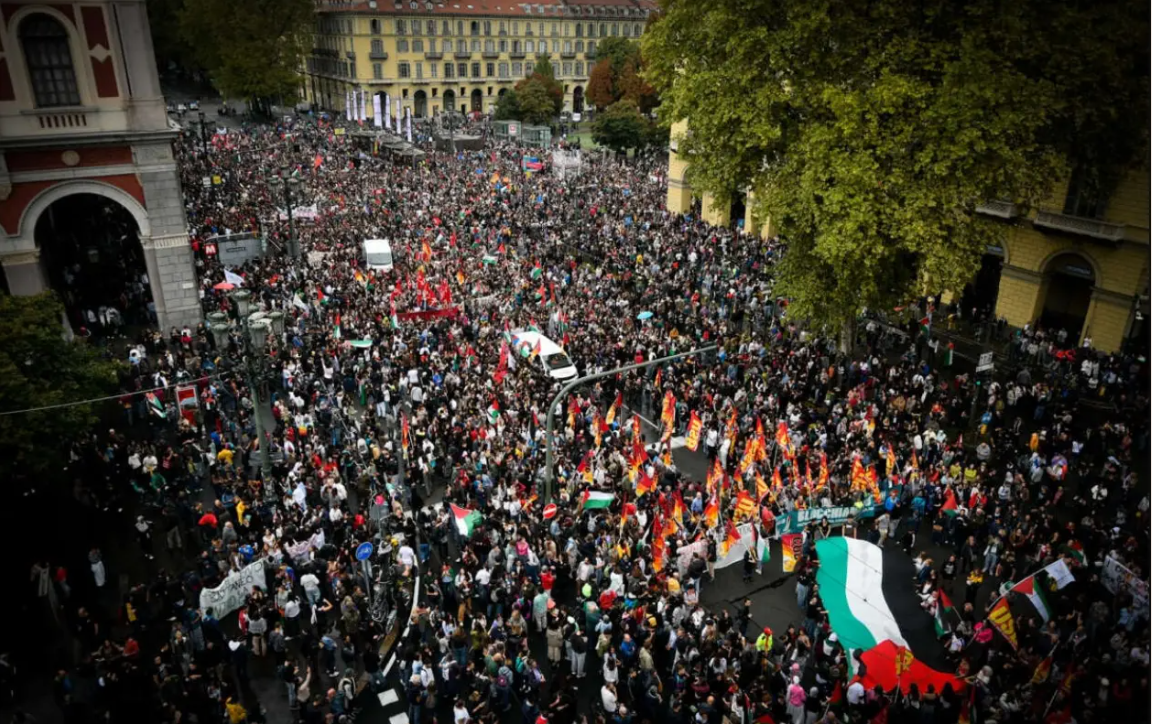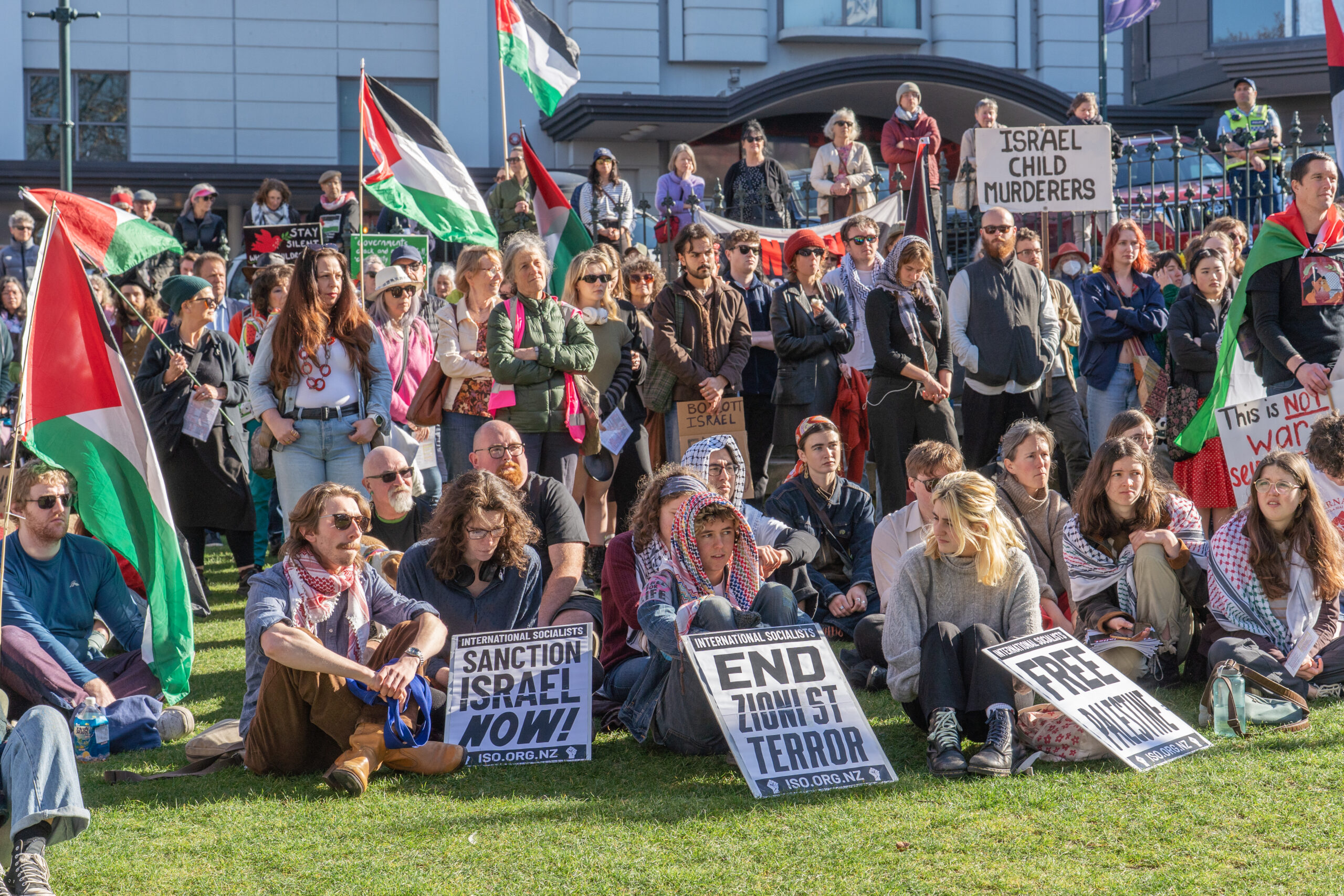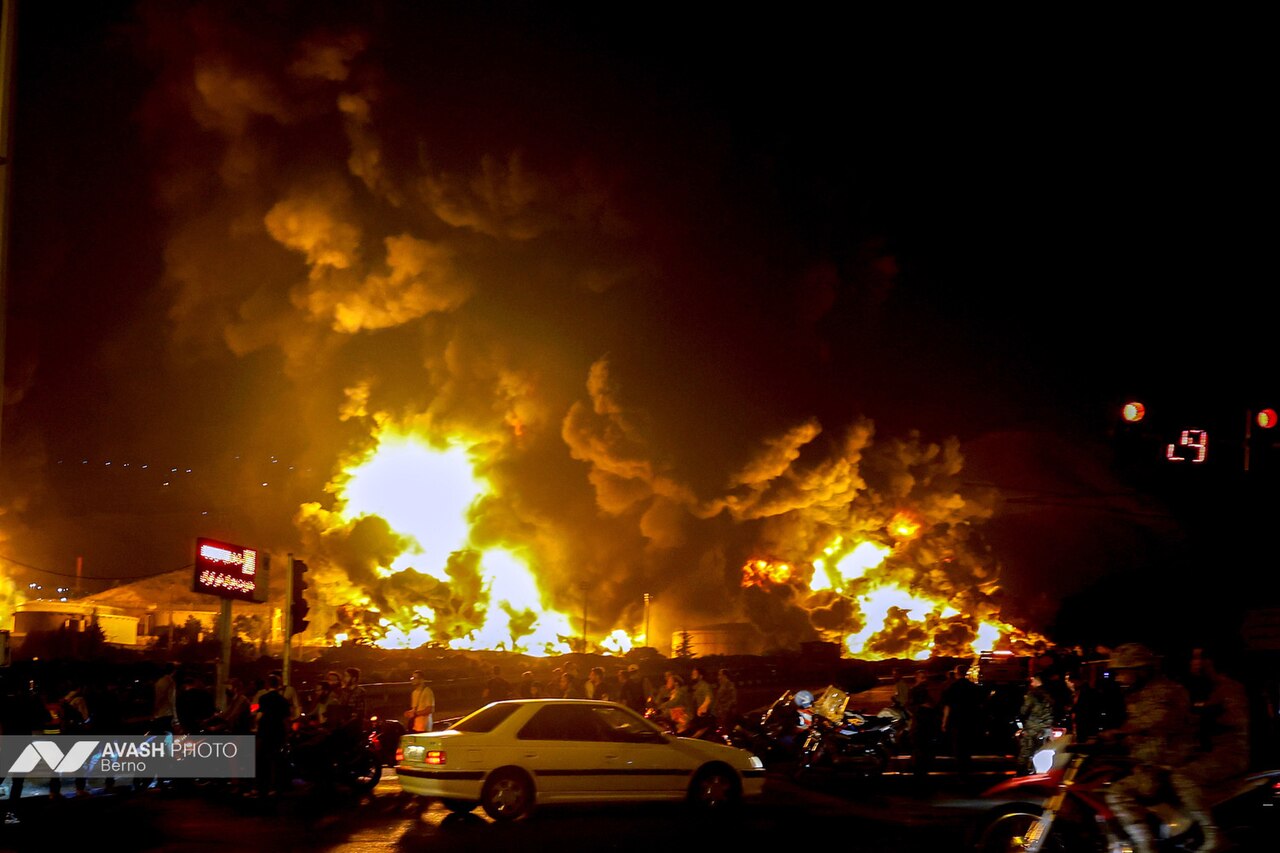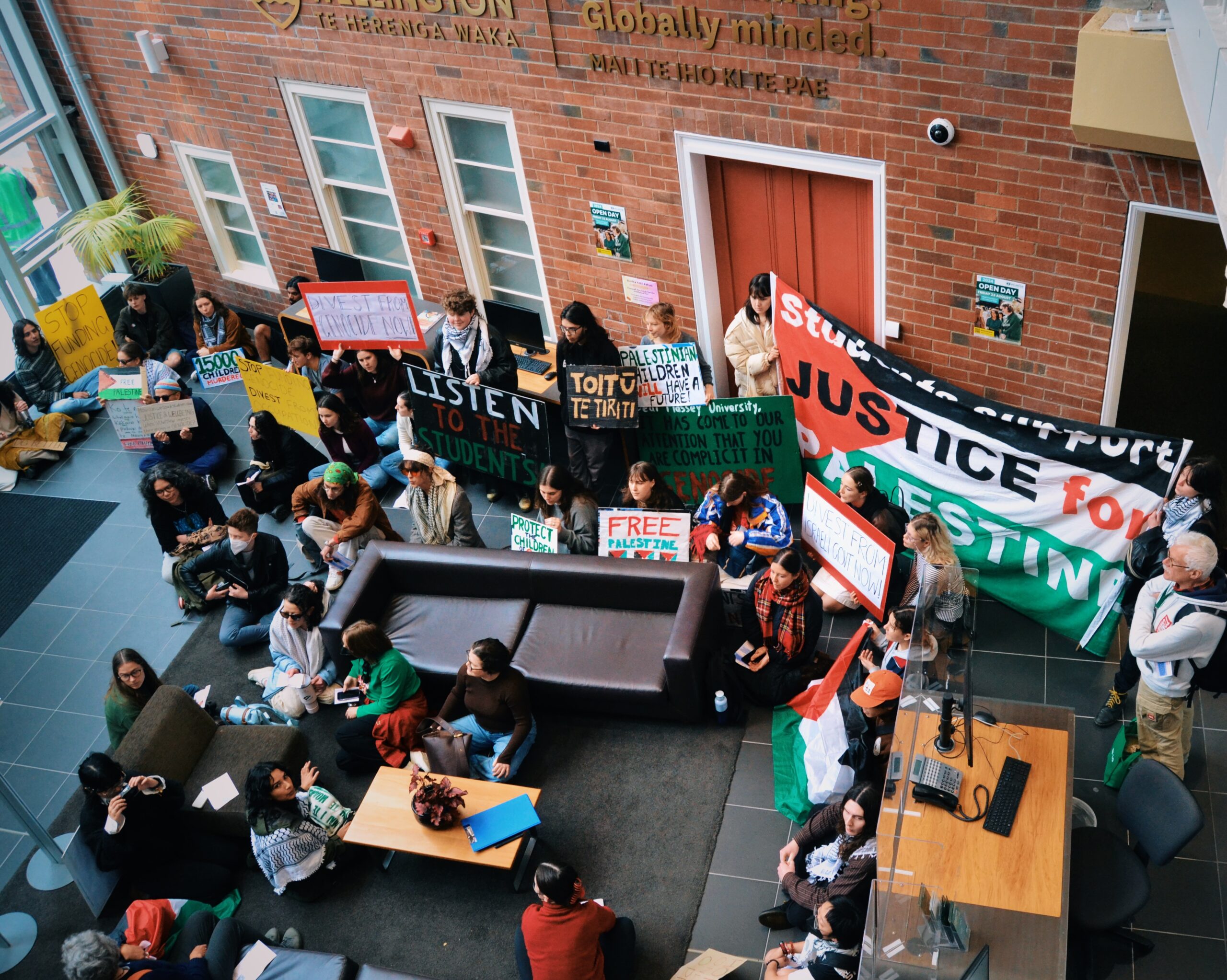“WHAT HAPPENED on June 30 was, without the slightest doubt, the historic beginning of a new wave of the Egyptian revolution, the largest since January 2011. The number of people who demonstrated on that legendary day is estimated to exceed 17 million citizens, something unprecedented in history.
The significance of this surpasses any participation by old regime remnants, or the apparent support of the army and police. Mass demonstrations of millions are exceedingly rare events in human history, and their effect on the consciousness and confidence of the populace in themselves, and in their power to change the course of history, transcend the limitations of the slogans raised and the political alternatives put forward.”
That is the statement put forwards by the Revolutionary Socialists of Egypt. Protests on June 30th forced the military to pre-empt the movement and oust Morsi from power. Mainstream media outlets have almost exclusively focused upon the military’s role, making it quite easy to forget the self-activity of the masses, those seventeen million people who marched on June 30th.
There is a revolution still unfolding in Egypt. Everyone who is serious about politics and change should be following the events in Egypt as closely as they can. It isn’t a topic to be approached dryly, like some distant historical event. It is a living, breathing revolution that is happening right now.
We can see in Egypt how people are coming together, and how masses of people getting out on the streets can change things. We see also the role of institutions such as the military and judiciary, and how they can react to a movement that threatens their way of doing things, and how imperialist powers react.
The social forces that the wave of protest that ousted Mubarak in 2011 unleashed were commandeered by the Supreme Council of Armed Forces, who drafted a constitution that greatly benefited themselves and the Muslim Brotherhood. The Brotherhood was seen to be the part of the opposition most likely to be open to control by the ruling class. Likewise, the military relied on the Brotherhood to contain the revolution, manipulating the ‘democratic’ process of elections that placed the Brotherhood in power.
US socialist Ahmed Shawki, an eyewitness to the 2011 revolution in Egypt, explains that “though the Brotherhood could claim to have achieved this democratically, the people of Egypt broadly considered the process of ratifying the constitution severely flawed. It was written in about a day, its approval was rushed through, and it included all kinds of provisions that Morsi, after his election, was able to exploit.”
Despite trying to portray himself as the ‘Representative of the Revolution’, Morsi did not follow through on any of the demands of the revolution. Importantly they did not establish any kind of real constituent assembly to draft a constitution. When it became clear that Morsi and the Brotherhood would use their advantageous position to dominate the writing of the constitution, many opposition groups walked away from the discussions. In the end, the ‘new’ constitution;
– Kept most of the provisions giving power to military generals that had existed under Mubarak
– Continued to allow military trials for civilians
– The Defense Minister had to come from the Military, and the military were protected from parliamentary oversight
– Had no explicit protection for minorities, or freedom of religion, and the proposed article guaranteeing women’s equality was left out.
– Overtly claimed Islamic law.
– Had no measures in place to combat corruption in government.
This proposed constitution was severely opposed by the left of the revolution in Egypt. While hundreds of thousands went out to protest and call for a boycott of the referendum, Morsi’s supporters tried to argue for people to accept the constitution for the sake of stability. As the Revolutionary Socialists replied;
“We swear on the lives of the martyrs who shed their blood in the revolutionary squares that you will not be able to pass this constitution, which was cooked up overnight in order to antagonise the popular classes. A constitution which does not specify social and economic rights, defends the detention of journalists, reopens the door to military trials of civilians, protects the interests of the military establishment, and is dedicated to the marginalization of Egypt’s oppressed women and Christians.”
Only 32% of people voted in the referendum. More people went out in protest against Morsi and his constitution on June 30th than the total number of people who voted in the referendum!
Not to be deterred by the low voter turnout, Morsi continued his campaign of forcing through reforms aimed at entrenching his power and that of counterrevolutionary forces. Decrees aimed at shutting down unions, on exonerating the brutes and thugs of the Mubarak regime who murdered protestors, attacks on Coptic Christians in order to bolster his support with Islamists. Again, here is the Revolutionary Socialists’ reply:
“They try repeatedly to deceive the masses with slogans, the essence being that “your turn has passed, and now you must submit the power to us–leave us to manage the country in our own way.” Slogans of unity and national reconciliation, insisting that we “forget the past,” which signify a call to forget who is the murderer and who the murdered, who is the thief and who was those stolen from. These slogans are then followed by others about how the “wheels of production” must turn–no matter in what direction, whether in favor of the poor or in favor of big business.”
Then came Morsi’s November 2012 presidential decree. It gave himself sweeping powers to rule by decree, supposedly to ‘protect’ the revolution. It overturned every conviction made against members of the old Mubarak rule, and made clear his intention to push through the flawed and anti-democratic constitution.
After this the Tamirod (Rebellion) movement started to gain strength as an alliance of the forces opposed to Morsi. In January of this year, protests in Port Said essentially took over the entire city. Morsi ordered the police to move in and shut them down, resulting in many deaths. Morsi praised the actions of the police in brutally putting down an uprising on the anniversary of the 2011 revolution, showing even more strongly how far apart he stood from the people of Egypt. Another statement from Egypt
“Morsi deliberately overlooks all the true reasons behind the uprising on the anniversary of the revolution, such as the lack of justice for the martyrs. Morsi had previously declared he would provide this, but instead, he lied to deceive the nation. He ignores the absence of social justice that is the result of the policies of his own tired government. While soliciting loans from the International Monetary Fund and securing the interests of Mubarak’s businessmen, he has disregarded the rise in prices for basic commodities, has failed to implement a just maximum and minimum wage, and has failed to reclaim the wealth stolen from the people.”
The Tamirod mobilized a campaign to force Morsi to resign, a petition demanding this fact aimed at getting 17 Million signatures.. Instead of that, they gained 22 Million signatures on their petition, almost half of the entire population. While this grouping includes problematic organizations such as former Mubarak supporters, the fact that 22 million people put pen to paper for the cause is indicative of how this movement goes beyond any formal group. And then, in late June, more massive protests.
After this, the Morsi regime’s days were numbered. Four days later, the military ousted Morsi from power. They did this not from patriotism, not as a grab for power, but out of fear. The Revolutionary Socialists argue:
“The governments and media outlets of the American and European bourgeoisie are trying to describe what has happened in Egypt as if it were only a military coup against a democratically elected president, or a coup against the “legitimacy” of formal democracy. But what has happened in reality far surpasses formal democracy, with its ballot boxes. It is legitimacy via the democracy of the popular revolution–direct democracy creating revolutionary legitimacy. It opens the horizons to new forms of popular power, which dwarf the temporary democracy of the ballot box that results in nothing but sustaining bourgeois rule with its different wings.
The temporary democracy of the ballot box ensures only the continuance of power of the capitalist state apparatus. It ensures the delusions of the people who believe they rule because they choose once every few years who among the bourgeois elite will rule and exploit them–without, of course, getting near to the state apparatus or the sheltered capitalist corporations through the manipulation of the ballot box.
What has happened in Egypt is the height of democracy, a revolution of millions of people to directly topple a ruler. As for the military displacement of Morsi, this was nothing but a foregone conclusion once the military institution saw that the masses had already settled the issue in the streets and squares of Egypt.
El-Sisi did on July 3, 2013, what Tantawi did before him on February 11, 2011; he acquiesced to the will of the rebelling populace, not out of any patriotism or revolutionary fervor, but out of fear of the revolution. For if El-Sisi had not intervened to dislodge Morsi, the revolution would not have stopped with the overthrow of Morsi and the Brotherhood, but was–and still remains–competent to transform into a complete social revolution which would oust the entire capitalist state, including the leaders of the military establishment.”
The Egyptian revolution continues. While we should have no illusions about the military’s intentions, the people of Egypt are learning that their feet on the streets can bring greater change than any illusion in the ballot box. Already, while the military are hunting down Morsi supporters, imprisoning people without trial, people who were only a week and a half ago marching to oust Morsi are marching again, to prevent the military from persecuting political activists. Mass protests have ousted Morsi; similar demonstrations and battles will be needed to prevent the military co-opting the revolution.
The Revolutionary Socialists call this ‘the theft of the revolution,’ and call on Egypt’s workers and poor to resist. The last words belong to them:
“The constitution that we want is one written by the workers, the farmers and the poor, the employed and unemployed, and the oppressed among the women and the Copts. The government that we want is a revolutionary government which takes sides unhesitatingly with the millions who overthrew Mubarak and Morsi because they did not implement the demands of bread, freedom, social justice and human dignity.
We call upon all revolutionary forces to unite, independent of the opportunist servants of power and of the deposed and expelled feloul for the goal of:
- Composing a unified revolutionary front, with a presence in every neighborhood and village, to organize the masses to defend their revolution.
- Pressure on the new government to take measures immediately for achieving social justice for the benefit of the millions of poor Egyptians, who have paid a higher price for Morsi’s failure and that of the military council before him.
- The election of a Constituent Assembly comprised of representation from every section of society–from the workers, farmers and the poor, to the Copts and women–to write a democratic, secular constitution establishing the values of freedom and social justice.
- The formulation of a law of revolutionary justice guaranteeing accountability for all of the murderers, beginning with the leaders of the Muslim Brotherhood engaged in incitement to bloodshed now, as well as the military council and the figureheads of the Mubarak regime, for retribution for the martyrs and injured of the revolution.
Glory to the martyrs, victory to the revolution, dishonor upon the murderers, all murderers. All power and wealth to the people.”



